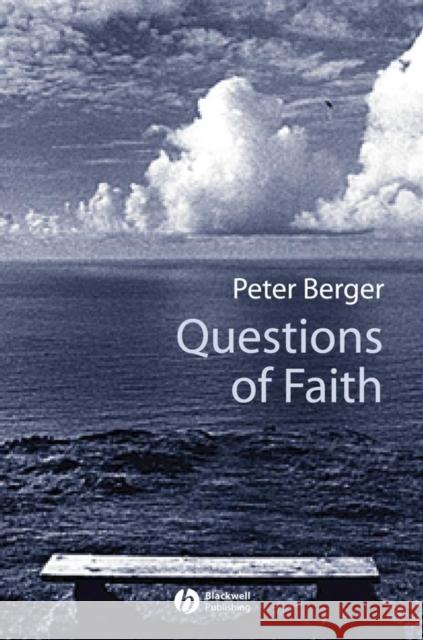Questions of Faith: A Skeptical Affirmation of Christianity » książka
topmenu
Questions of Faith: A Skeptical Affirmation of Christianity
ISBN-13: 9781405108485 / Angielski / Miękka / 2003 / 187 str.
Leading religious and cultural commentator, Peter Berger, explores how and what we can believe in modern times.
- Deals clearly with questions such as 'Does God exist? What was so special about Jesus? How can one be Christian in a pluralistic society?
- Structured around key phrases from the Apostles' Creed.
- Draws on the Christian theological tradition and the work of other relevant thinkers, such as Freud and Simone Weil.
- The author takes the position of an open-minded sceptic, exploring his own beliefs.











